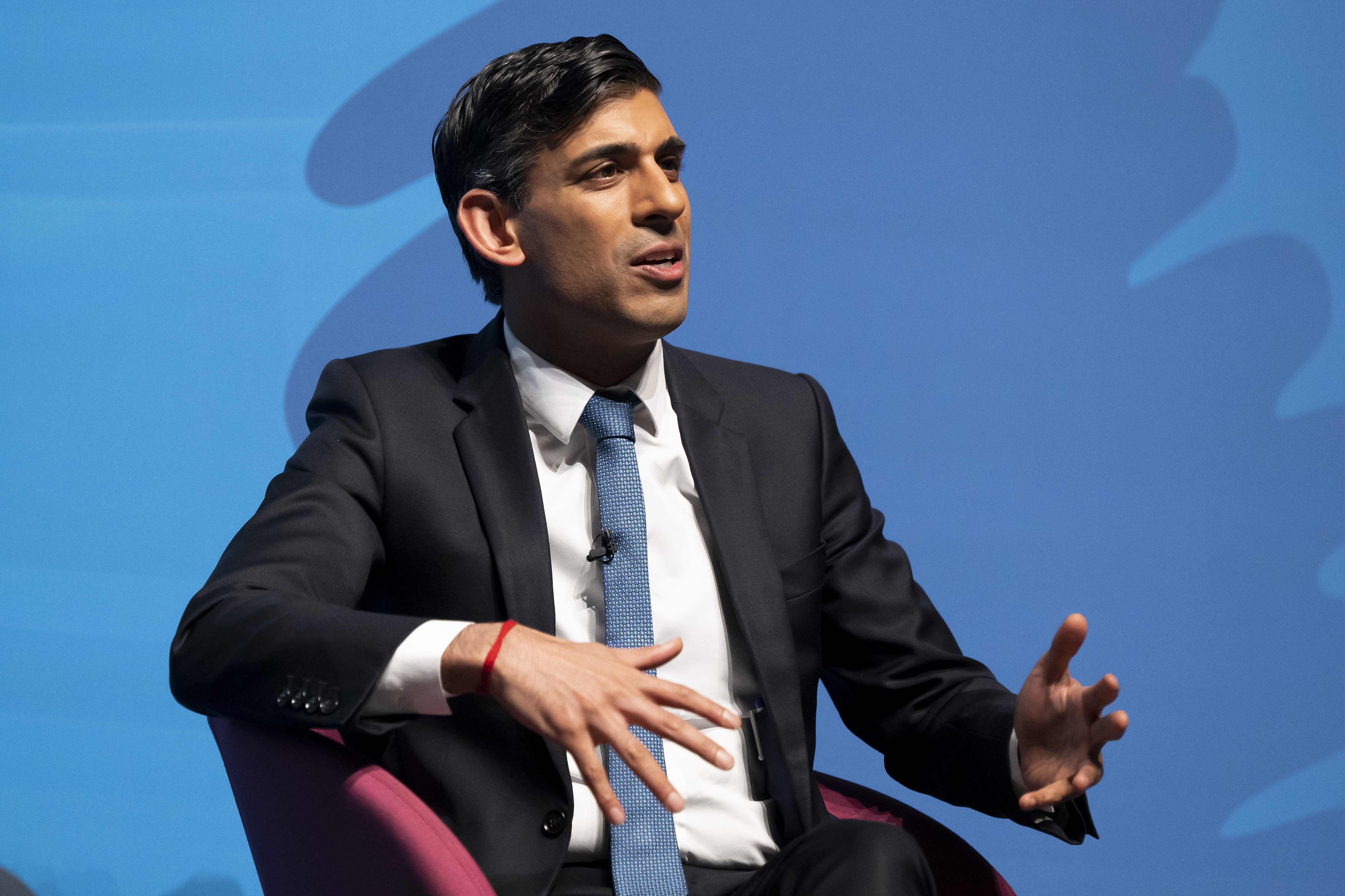3 berates mobile regulation
The company thinks the playing field still isn’t level for either itself or consumers.


Mobile operator 3 is calling for speedier regulatory change to stop consumers being ripped off by high mobile and roaming charges and cumbersome number portability processes.
Speaking at a regulatory roundtable event in London this morning, Kevin Russell, the company's chief executive, made no bones about how he feels about current charging models.
"As a new entrant you struggle to get access to cell sites. We've ticked that box as we signed a network sharing deal with T-Mobile. The [other] challenge for new entrants is regulatory," he said.
"[It occurs through] a series compromises between the regulator and the incumbents over several years. That's generally not necessarily the most favourable position from a new entrant's standpoint"
This led Russell to the issue of mobile termination rates (MTRs) a subject he is clearly quite passionate about. While it costs operators like 3 literally peanuts to pass on voice calls and texts, the costs they are forced to pay to transfer traffic ramps up the rates consumers are ultimately charged.
3UK pays six pence per minute for voice calls and two to three pence to transport texts in this manner, although the actual network costs involved are orders of magnitude lower.
Russell estimates that 3 has paid out around 190 million to the incumbents as a result of this subsidisation. And he reckons that fixed line subscribers subsidise the mobile industry to the tune of 1 billion a year.
Get the ITPro daily newsletter
Sign up today and you will receive a free copy of our Future Focus 2025 report - the leading guidance on AI, cybersecurity and other IT challenges as per 700+ senior executives
"When this starts to have an impact on you financially is if the cost you pay to the incumbent operators is significantly out of line with actually network costs The new entrant ends up subsidising the incumbents. We think this is unfair and bad for competition and needs to be addressed," Russell added.
"There is a significant UK consumer impact as well because termination rates set an artificial floor to pricing."
Russell put forward two possible solutions to the situation: MTRs of less than a penny, or a so-called bill and keep' approach.
In addition to mobile charges, Russell also griped about the state of number portability in this country, adding that Japan moved to a speedy, two-hour system back in 1999, which was subsequently adopted by Australia in 2001 and Ireland in the last few years.
"In the UK we don't have this in 2008 and we won't have this in 2009. It's not rocket science," he said.
"It should take the time that you take to have a cup of coffee [to port your number]. By the time you've finished the coffee you should have the new service. The rhetoric has been We support number portability, we just have to get the costs right.' To me, that is a nonsense."
Spectrum re-farming and was also thrown into the debate, with Russell arguing that there should be another auction to level the playing field.
EU data roaming charges also had their spot in the limelight during today's discussions with Russell suggesting that it's ludicrous that you can get 5GB a month in the UK for 15 but that 5GB would cost you 15,000 in Europe if you roamed and used it in the same way.
"The rhetoric that comes back is that this market is too immature to regulate. I think that this is absurd," he said.
"This goes to the heart in scaring consumers senseless to not use data services."
Maggie has been a journalist since 1999, starting her career as an editorial assistant on then-weekly magazine Computing, before working her way up to senior reporter level. In 2006, just weeks before ITPro was launched, Maggie joined Dennis Publishing as a reporter. Having worked her way up to editor of ITPro, she was appointed group editor of CloudPro and ITPro in April 2012. She became the editorial director and took responsibility for ChannelPro, in 2016.
Her areas of particular interest, aside from cloud, include management and C-level issues, the business value of technology, green and environmental issues and careers to name but a few.
-
 Should AI PCs be part of your next hardware refresh?
Should AI PCs be part of your next hardware refresh?AI PCs are fast becoming a business staple and a surefire way to future-proof your business
By Bobby Hellard
-
 Westcon-Comstor and Vectra AI launch brace of new channel initiatives
Westcon-Comstor and Vectra AI launch brace of new channel initiativesNews Westcon-Comstor and Vectra AI have announced the launch of two new channel growth initiatives focused on the managed security service provider (MSSP) space and AWS Marketplace.
By Daniel Todd
-
 ‘Europe could do it, but it's chosen not to do it’: Eric Schmidt thinks EU regulation will stifle AI innovation – but Britain has a huge opportunity
‘Europe could do it, but it's chosen not to do it’: Eric Schmidt thinks EU regulation will stifle AI innovation – but Britain has a huge opportunityNews Former Google CEO Eric Schmidt believes EU AI regulation is hampering innovation in the region and placing enterprises at a disadvantage.
By Ross Kelly
-
 The EU just shelved its AI liability directive
The EU just shelved its AI liability directiveNews The European Commission has scrapped plans to introduce the AI Liability Directive aimed at protecting consumers from harmful AI systems.
By Ross Kelly
-
 A big enforcement deadline for the EU AI Act just passed – here's what you need to know
A big enforcement deadline for the EU AI Act just passed – here's what you need to knowNews The first set of compliance deadlines for the EU AI Act passed on the 2nd of February, and enterprises are urged to ramp up preparations for future deadlines.
By George Fitzmaurice
-
 UK financial services firms are scrambling to comply with DORA regulations
UK financial services firms are scrambling to comply with DORA regulationsNews Lack of prioritization and tight implementation schedules mean many aren’t compliant
By Emma Woollacott
-
 EU agrees amendments to Cyber Solidarity Act in bid to create ‘cyber shield’ for member states
EU agrees amendments to Cyber Solidarity Act in bid to create ‘cyber shield’ for member statesNews The EU’s Cyber Solidarity Act will provide new mechanisms for authorities to bolster union-wide security practices
By Emma Woollacott
-
 The EU's 'long-arm' regulatory approach could create frosty US environment for European tech firms
The EU's 'long-arm' regulatory approach could create frosty US environment for European tech firmsAnalysis US tech firms are throwing their toys out of the pram over the EU’s Digital Markets Act, but will this come back to bite European companies?
By Solomon Klappholz
-
 EU AI Act risks collapse if consensus not reached, experts warn
EU AI Act risks collapse if consensus not reached, experts warnAnalysis Industry stakeholders have warned the EU AI Act could stifle innovation ahead of a crunch decision
By Ross Kelly
-
 Bletchley Declaration draws cautious approval
Bletchley Declaration draws cautious approvalNews AI safety agreement garners international support, but some believe it needs more specificity
By Emma Woollacott